
It is only normal for us to reflect on the summer all months, especially this month as our Winter Reunion will be in a few weeks. Below are excerpts from a letter that was send to us by a 4 year staff member. We hope you enjoy it.
—–
Working at Camp Bryn Mawr has been an experience that reached beyond all expectations. Here, I have been able to forge relationships that have lasted years and create new friendships every summer. It’s amazing to think that I can travel the United States or even the world and have people I love everywhere I go. That is something I owe to working at this remarkable summer camp. Bryn Mawr has turned into nothing short of my summer home, and the people there, my summer family.
At Bryn Mawr you are given the unique privilege to work in an all-girls setting. This is what makes this place so special. At camp you can see a literal transformation in the girls you work with. They step off the bus in June and immediately feel more like themselves. The atmosphere gives them a place to feel comfortable, a place where you don’t have to look in a mirror or constantly work to impress anybody but yourself.king at Camp Bryn Mawr has been an experience that reached beyond all expectations. Here, I have been able to forge relationships that have lasted years andcreate new friendships every summer. It’s amazing to think that I can travel the United States or even the world and have people I love everywhere I go. That is something I owe to working at this remarkable summer camp. Bryn Mawr has turned into nothing short of my summer home, and the people there, my summer family.
Working here has allowed me to help these young women become comfortable in their own skin, make new friends and excel at the things they love. They are given the chance to branch off from their school year expectations, and you are given the opportunity to help them find their path. To be a part of that gives me such a sense of accomplishment and purpose.
I have fallen in love with Bryn Mawr and everything that makes it so special. It has transformed me as much as it has transformed every girl who attends.

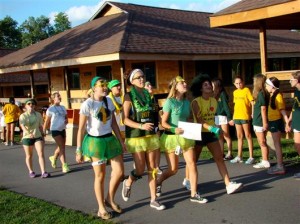
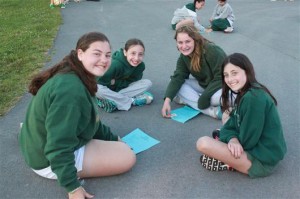

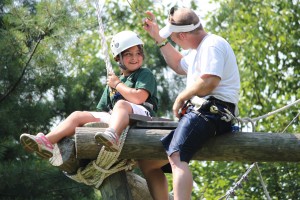
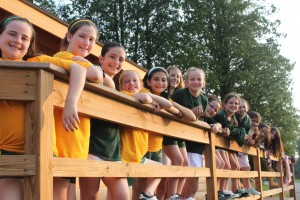



 It’s a question lots of parents struggle with:
It’s a question lots of parents struggle with: 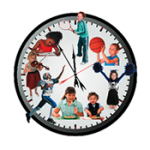 cramming has got to be negatively correlated. Being rushed from one event to the other is just not the way most kids want to live their lives, at least not my kid.”
cramming has got to be negatively correlated. Being rushed from one event to the other is just not the way most kids want to live their lives, at least not my kid.”


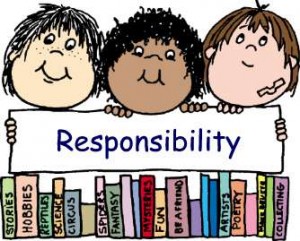

 Hand washing is the absolute number-one best way to reduce the spread of germs and sickness. At camp, we encourage girls to wash their hands regularly, and we also keep the Dining Hall stocked with hand sanitizer so campers can quickly and easily clean up at mealtimes. Get kids in the habit of washing their hands with warm water and soap before and after eating and after using the restroom, blowing their noses, coughing, sneezing and playing outside. Make sure they know to lather and scrub for about 20 seconds — about as long as it takes to sing “Happy Birthday” two times.
Hand washing is the absolute number-one best way to reduce the spread of germs and sickness. At camp, we encourage girls to wash their hands regularly, and we also keep the Dining Hall stocked with hand sanitizer so campers can quickly and easily clean up at mealtimes. Get kids in the habit of washing their hands with warm water and soap before and after eating and after using the restroom, blowing their noses, coughing, sneezing and playing outside. Make sure they know to lather and scrub for about 20 seconds — about as long as it takes to sing “Happy Birthday” two times. a hard time focusing in school, and a tired body will have a harder time fighting off a virus than a rested one. More importantly, sleep is essential to growth and organ development. While children sleep, their bodies produce growth hormone, and energy that’s used for other activities during the day can be diverted to promoting growth. If getting to sleep is a problem at your house, doctors recommend not keeping electronics (TVs, iPods, phones, video games) in the bedroom. Try to get kids unplugged before bedtime to help them settle down for the night.
a hard time focusing in school, and a tired body will have a harder time fighting off a virus than a rested one. More importantly, sleep is essential to growth and organ development. While children sleep, their bodies produce growth hormone, and energy that’s used for other activities during the day can be diverted to promoting growth. If getting to sleep is a problem at your house, doctors recommend not keeping electronics (TVs, iPods, phones, video games) in the bedroom. Try to get kids unplugged before bedtime to help them settle down for the night.